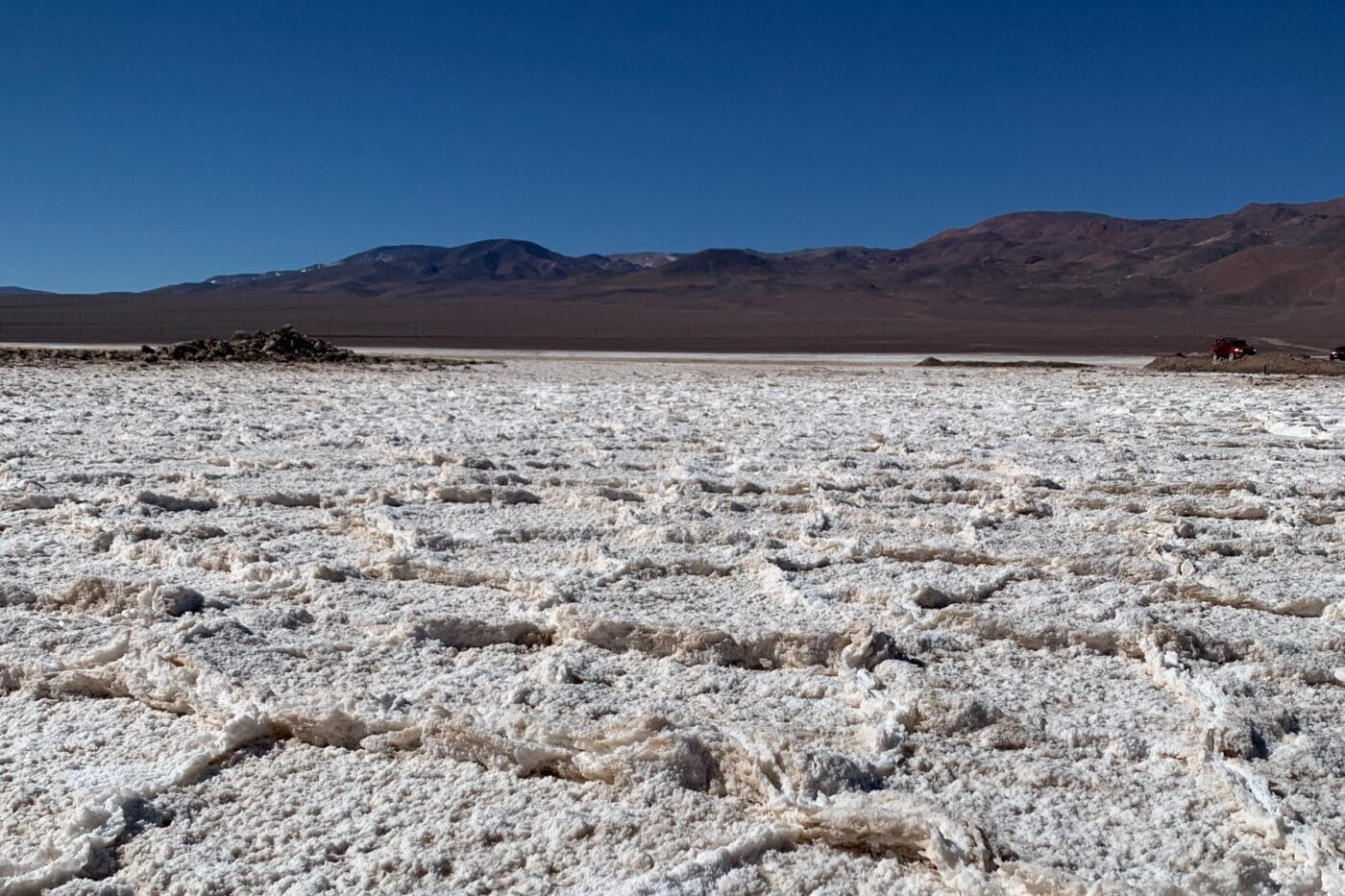Rio Tinto and Codelco to develop lithium mines in Chile
The agreement will see Rio Tinto acquire a 49.99 per cent stake in Salar de Maricunga SpA, through which Codelco holds its licences and mining concessions on the Maricunga salt flat. It will provide an initial investment of $350m towards studies and resource analysis in order to inform a final investment decision. Once that decision is made, Rio Tinto will put a further $500m towards construction costs – with construction set to go ahead by the end of the 2020s. Additionally, it plans to invest $50m into Salar de Maricunga if the joint venture succeeds in delivering lithium by 2030. The transaction is set to close by the end of Q1, 2026. The venture will also support local infrastructure in surrounding communities, including the development of power supply and roads, as well as “applying leading extraction, processing and reinjection technologies to maximise the recovery of minerals and minimise its environmental footprint.”
Rio Tinto CEO Jakob Stausholm said of the agreement: “Codelco is a strategic partner for Rio Tinto in Chile, with this agreement building on our copper joint ventures. We aim to bring significant investment and long-term benefits to the Atacama region as we advance Maricunga and Nuevo Cobre together, with a focus on responsible sustainable development including shared infrastructure and solutions to minimise water usage.”
Chile is the world’s second-largest producer of lithium and its government increasingly controls the value chain and access to reserves. Right now, only two private companies are mining lithium there: Chilean firm SQM and the US company Albemarle. President Gabriel Boric has called lithium “the best opportunity we have for the transition to a sustainable and developed economy”, and wants lithium contracts to only be awarded as public-private partnerships subject to state control. With SQM’s current contract set to expire in 2030 and Albemarle’s in 2043, Boric has said the government will not terminate these but hopes that the companies will be open to state participation before they expire.
It’s in this context that Codelco has entered the lithium mining industry. Through it, the government plans to collaborate not only with Albemarle and SQM but other potential mining companies. For example, SQM and Codelco recently reached an initial agreement for a joint project in the Atacama Desert where the state holds a majority stake – which is now also the case with the Rio Tinto deal.
This is against the backdrop of a number of other failed initiatives to create value from Chile’s lithium resources. Earlier this month, Chinese EV maker and the metals group Tsingshan both pulled out of plans to build production facilities for LFP cathode material in Chile, despite a preferential agreement with the Chilean government for the purchase of lithium. The companies cited the falling global prices of lithium as a reason for abandoning their projects.





0 Comments